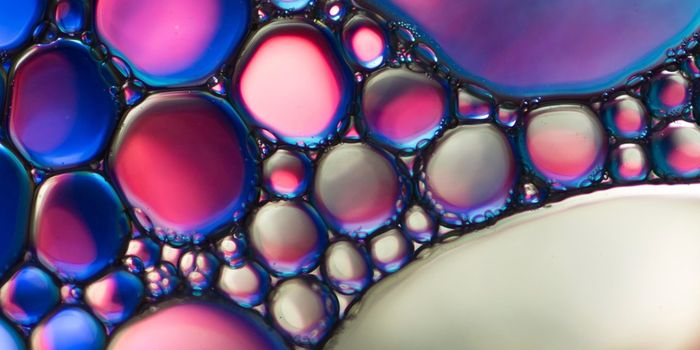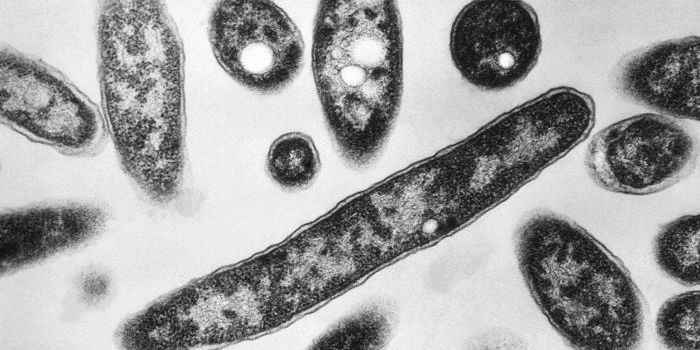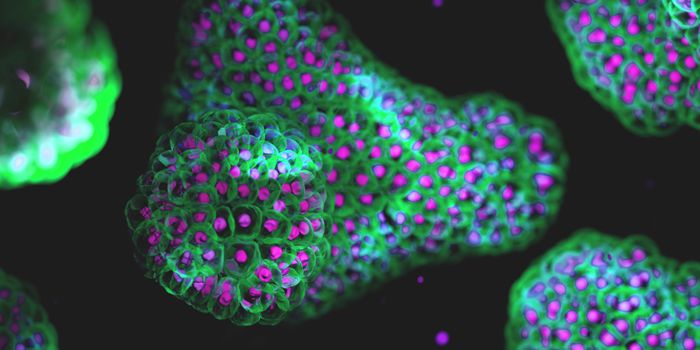Researchers at the University of Notre Dame identified the mechanism by which
Streptococcus pyogenes, also known as Group A
Streptococcus (GAS), destroys red blood cells.
GAS infects nearly 700 million people a year worldwide, and nearly half a million die from the infection. People are usually infected by skin-to-skin contact, with the the most common types of infection being strep throat, cellulitis, and impetigo. More severe infections cause toxic shock syndrome and
necrotizing fasciitis (flesh-eating disease!).
Once you’re infected with GAS, the bacteria sometimes make it into the bloodstream where they can lyse red blood cells with a peptide called Streptolysin S (SLS). This is great for the bacteria (who love snacking on red blood cells), but bad for you. Lucky for you, however, we now understand how SLS lyses red blood cells, making it possible to treat this aspect of GAS infection.
According to study author Shaun Lee, “we demonstrate that the long-observed red blood cell hemolysis by SLS is not caused by general destruction of the red blood cell membrane, as has been previously thought, but rather that the action is due to the ability of the SLS toxin to directly target a specific outer membrane protein on the surface of the red blood cell, the major erythrocyte anion exchange protein Band 3”.
The researchers also managed to block hemolysis by inhibiting the function of Band 3. “By blocking the action of SLS toxin during a GAS infection, the pathology at the site of the infection could be drastically reduced”, says Lee, “these findings have tremendous potential for developing novel therapeutics to treat severe diseases caused by Group A
Streptococcus”.
Sources:
Science Daily, Wikipedia









